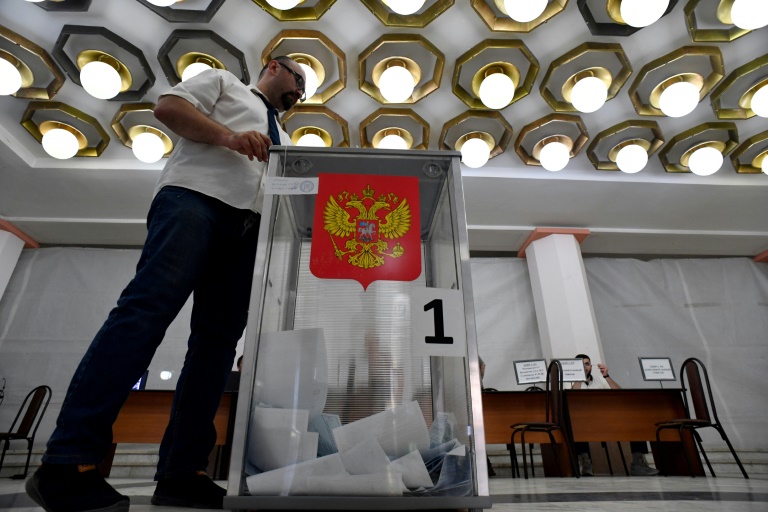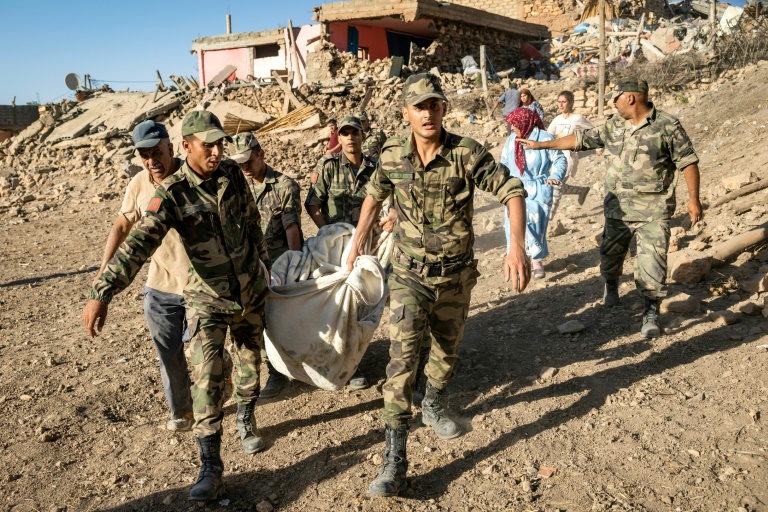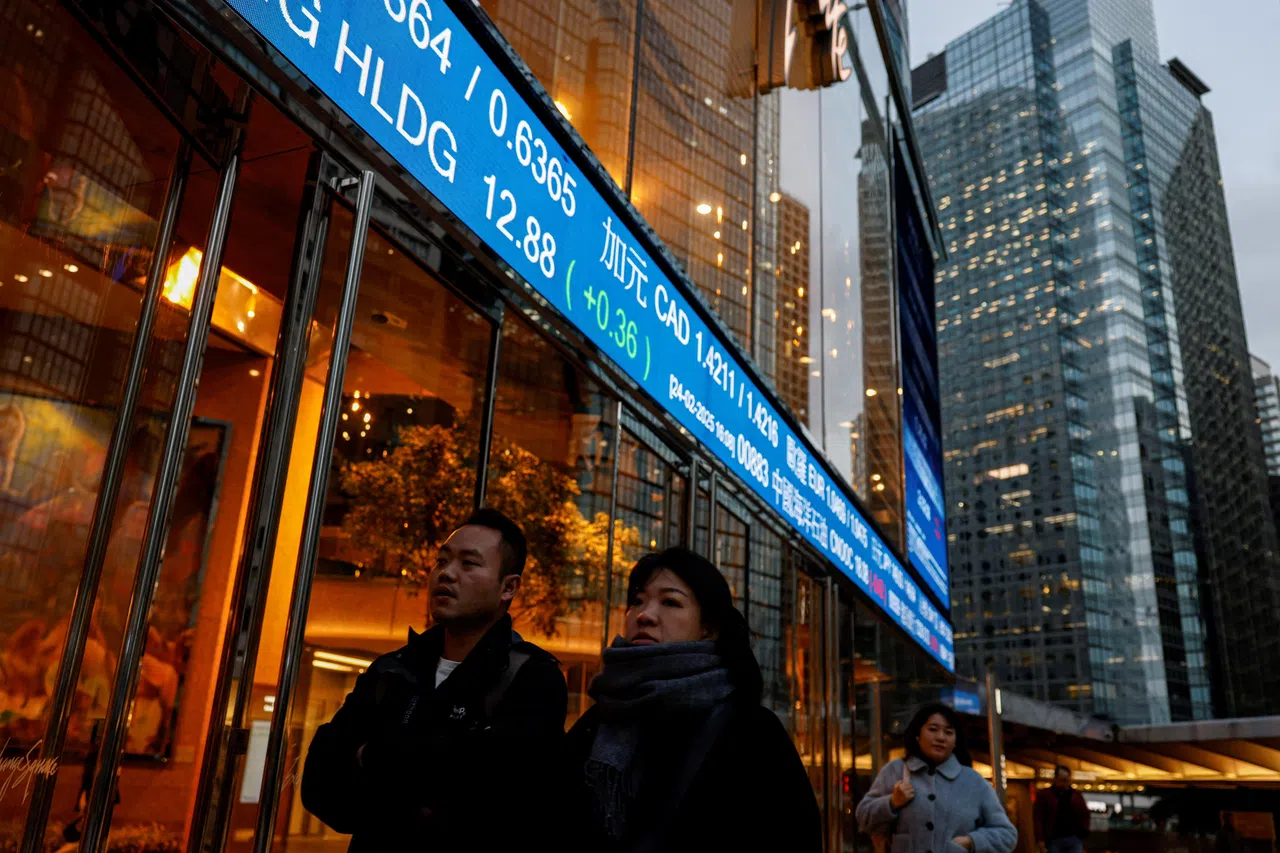There is little suspense around the results of Russian local elections ending on Sunday, with no real opposition and a vote in occupied Ukraine denounced as “fake” by Kyiv and the West.
The polls take place as Moscow has forced President Vladimir Putin’s opponents into exile or jail and with criticism of the military campaign outlawed.
They are also a test for the Kremlin ahead of a presidential election planned for early next year, expected to prolong Putin’s long rule until least 2030.
Russia’s forces in Ukraine have organised several days of voting in four regions — Donetsk, Lugansk, Zaporizhzhia and Kherson — that Moscow claims to have annexed.
Hastily arranged mobile booths have been placed despite a gruelling Ukrainian counteroffensive and amid widespread reports that locals have been forced to take up Russian passports.
Kyiv has denounced it as a sham and called on allies to condemn the “fake” vote. Its SBU security service warned it has a list of “collaborators” helping organise the voting, promising punishment.
But Kremlin-installed officials pressed on with the vote, seeking long-term office in areas Kyiv has vowed to re-capture.
In Moscow, Mayor Sergei Sobyanin looks set for re-elections after 13 years at the helm of Europe’s largest city.
During that time, Sobyanin presided over numerous mega-projects that have transformed Moscow’s skyline.
The Siberian-born Kremlin loyalist — known to be a man of few words — once faced fierce competition.
In a 2013 election, he was almost defeated by ant-corruption campaigner Alexei Navalny.
And previous local elections in 2017 erupted in protests in Moscow when Navalny-linked candidates were not registered to run.
But years later, his opponent is languishing in jail, serving a 19-year sentence and denouncing the Kremlin’s Ukraine offensive from behind bars.
Sobyanin now faces no serious competition: he is up against the grandson of a veteran Communist politician and a little known candidate from a new party — largely considered to be a spoiler — dubbed “New People.”
But most Muscovites AFP spoke to credit him for modernising the city and intended to vote for him.
“Just yesterday, two metro stations opened,” 21-year-old student Rukhin Aliyev told AFP. “Moscow is blossoming in front of our eyes.”
Musician Kirill Lobanov said Sobyanin has “dealt very well” with governing as mayor and that even more so “in the last year”, which has been marked by Russia’s Ukraine offensive.
Sobyanin — criticised by hardliners at the start of Moscow’s offensive for not backing it vocally enough — has in recent days reassured Muscovites on frequent Ukrainian drone attacks.
In regions on the Ukraine border — hit by frequent attacks by Kyiv this summer — voting is taking place amid precarious security.
Russia’s election chief Ella Pamfilova announced that voting in the Belgorod region’s Shebekino district — heavily hit by shelling — has been “postponed due to a regime of high alert.”
One of the few competitive races in Russia’s 11 time zones has emerged in Siberia’s remote region of Khakassia, observers have said.
Communist Valentin Konovalov is running for re-election in the mountainous, sparsely-populated region.
The 35-year-old won the gubernatorial elections in 2018 after a wave of rare protests in Khakassia, defeating a Kremlin-backed candidate.
Five years later, he faced Moscow-backed candidate Sergei Sokol, who ran his campaign as a Kremlin-decorated “hero” who fought in Ukraine.
But Sokol proved unable to take on Konovalov’s popularity and dropped out unexpectedly at the last minute, citing health reasons. Many speculated it was a move to avoid an embarrassing defeat.
Konovalov is one of few regional leaders that is not backed by the Kremlin and remains in office.
AFP






